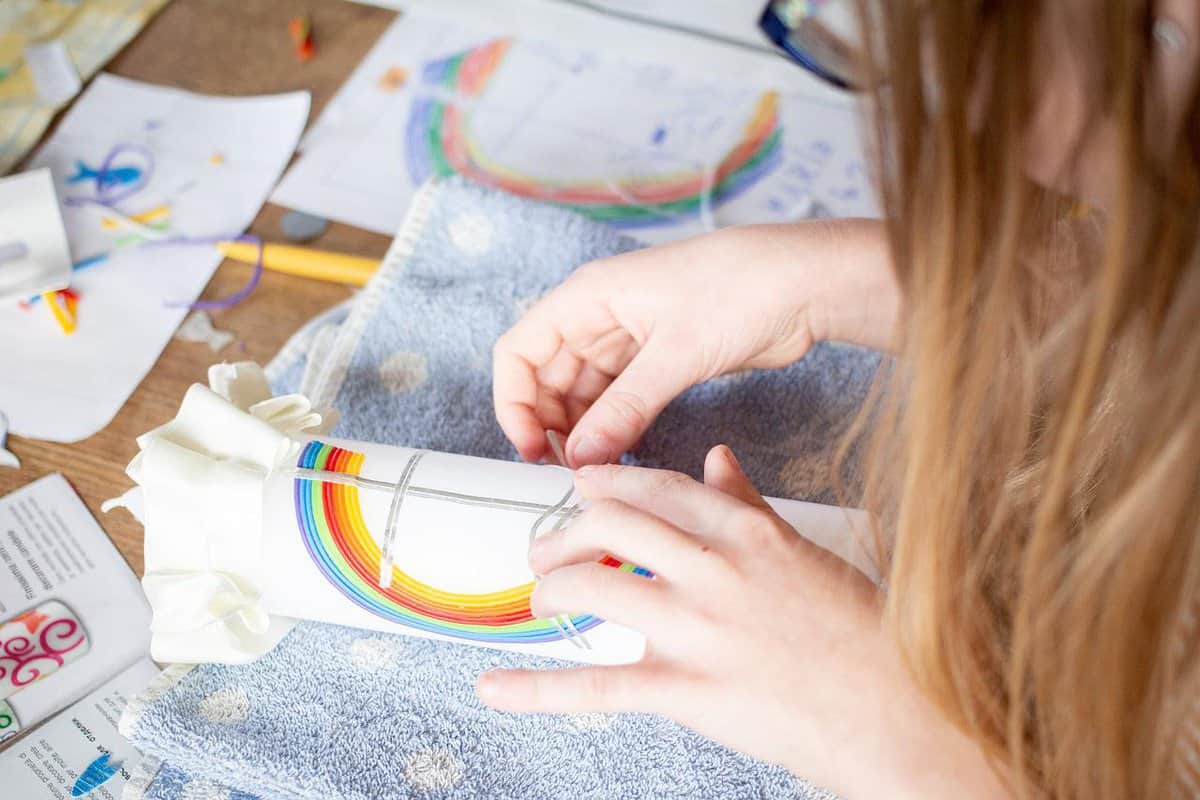We all want our children to do well, and we always try to protect them from others.
But what happens if our own actions subconsciously hurt our children without us even realizing it?
Here are the ten most common mistakes parents make that slowly hurt our kids.
1. Criticizing Instead of Guiding
If you keep telling a child what they did wrong all the time, they will be afraid to attempt it again. Correcting every mistake is what many parents think they are doing to “help,” but it makes their child doubt themselves instead of helping them grow.
Feedback that is helpful should not make you feel bad. Kids learn to hide their errors instead of learning from them when they think that love is based on success. Kind words are more helpful than harsh criticism.
The idea isn’t to be perfect; it’s to be sure of yourself. Parents who focus on effort instead of results raise kids who are strong and who always keep trying, even when they don’t succeed at first.
2. Comparing Them to Others
Saying things like “Look how well your cousin does” or “Your sister never acts like this” can make a child feel like they don’t matter. Comparison teaches children that they have to do well to get love.
It doesn’t motivate kids; it makes them jealous, angry, or leaves them feeling bad about themselves. Every child grows at their own speed and has their own strengths. When parents compare, they turn support into competition.
The best way to help kids is to encourage them to see how they are improving, not how others are. They really grow when they learn to simply compete with the person they were yesterday.
3. Dismissing Their Feelings
It might sound like tough love to tell a kid to “stop crying” or “get over it,” but it really doesn’t respect their feelings. They learn to hide their feelings instead of understanding them over time.
As adults, this emotional distance might cause anxiety or make it hard to show love. Listening doesn’t mean you agree; it means you let them have their own truth and then give advice and guidance.
When parents acknowledge their children’s feelings, the kids feel safe enough to deal with them. Emotional intelligence starts with letting people feel, not making them conceal their pain.
4. Overprotecting Them
It’s natural to want to protect kids, yet doing everything for them stops them from being independent. Parents who protect their kids from every problem discourage them from learning how to be strong.
Life is about fixing problems, not always needing help. As adults, kids who are overprotected often have trouble with anxiety, not being able to make decisions, and low self-esteem. Being responsible makes you stronger, whereas relying too much on others makes you scared.
A parent’s job is to get kids ready for the world, not to keep them safe from it. Help them through hard times, but let them fall and get back up on their own.
5. Ignoring Their Individual Interests
Some parents motivate their kids toward what they want in life, such as sports, occupations, or hobbies, instead of finding out what makes their child happy.
This pressure can make kids feel that no one sees or loves them for who they truly are. When people aren’t encouraged to be themselves, their passion evaporates. Instead of asking, “What should you do?” the best parents ask, “What makes you happy?”
Helping kids with their natural hobbies helps them build their identity and self-esteem. Making children go certain pathways just makes them adults who live for approval instead of happiness.
6. Using Love as a Reward
When love or acceptance is based on actions, like “I’ll be proud if you win” or “Don’t talk to me if you fail,” love becomes transactional. This kind of emotional conditioning tells children that they have to work for their worth.
Over time, people look for approval in their jobs, relationships, and connections instead of peace of mind. Mistakes don’t make real love go away.
Unconditional acceptance helps kids grow up to be people who are emotionally stable. When love stays the same, even when behavior doesn’t, discipline turns into teaching instead of punishment.
7. Arguing in Front of Them
Every relationship has fights, but fighting in front of kids all the time makes them uneasy and unstable. They can think it’s their fault or be afraid of being left behind.
Even if parents think the fight is innocent, tone and energy speak louder than words. Kids soak up stress like sponges. They don’t need everything to be flawless; they just need to know that conflicts can be resolved peacefully.
Teach emotional control through modeling respectful conversation. The point isn’t to avoid disagreements; it’s to show that love and respect can persist even when things become intense.
8. Not Apologizing When They’re Wrong
Many parents think that saying sorry makes them less powerful, yet it actually builds trust. Kids learn how to be humble and fair when they witness adults taking responsibility.
Not saying sorry sends a message that having power makes mistakes okay. That makes people angry over time. Being able to say sorry demonstrates that you have grown up and that love prioritizes connection over pride.
Kids don’t want everything to be flawless; they just want you to be honest. Saying “I shouldn’t have yelled” is a much better way to teach empathy than giving a lecture.
9. Overloading Them With Expectations
It’s good to have high expectations, but when everything is about performance, love becomes pressure. Children start to connect their self-worth to what they do.
The continual pressure to do well can make you tired, make you want to be perfect, and make you afraid of failing. Kids need to realize that being kind, cheerful, or curious is just as important as being successful.
Encouragement should make you feel good, not stressed. The best parents teach their kids how to find balance. It’s okay to rest, laugh, and live, not just work.
10. Ignoring Their Mental Health
A lot of parents still ignore signs of emotional distress and call them “phases” or “attention-seeking.” But anxiety, unhappiness, or stress that isn’t dealt with can change a child’s whole life.
Emotional pain doesn’t go away as you get older; it gets worse if you don’t deal with it. Noticing changes in attitude or behavior might do more than boost your child’s self-esteem; it can also preserve their future.
Talking about feelings openly makes mental health care more normal. The best families are the ones that don’t see mental health days as a weakness but as something to be celebrated.
Born and raised in Bosnia and Herzegovina. Ever since I was a little girl, my imagination knew no bounds. I remember vividly how I’d scribble down short stories, each page bursting with adventures and characters conjured up from the whimsy of my mind. These stories weren’t just for me; they were my way of connecting with my friends, offering them a slice of my fantasy world during our playtimes. The joy and excitement on their faces as we dived into my fictional realms motivated me to keep writing. This early passion for storytelling naturally evolved into my pursuit of writing, turning a childhood hobby into a fulfilling career.











